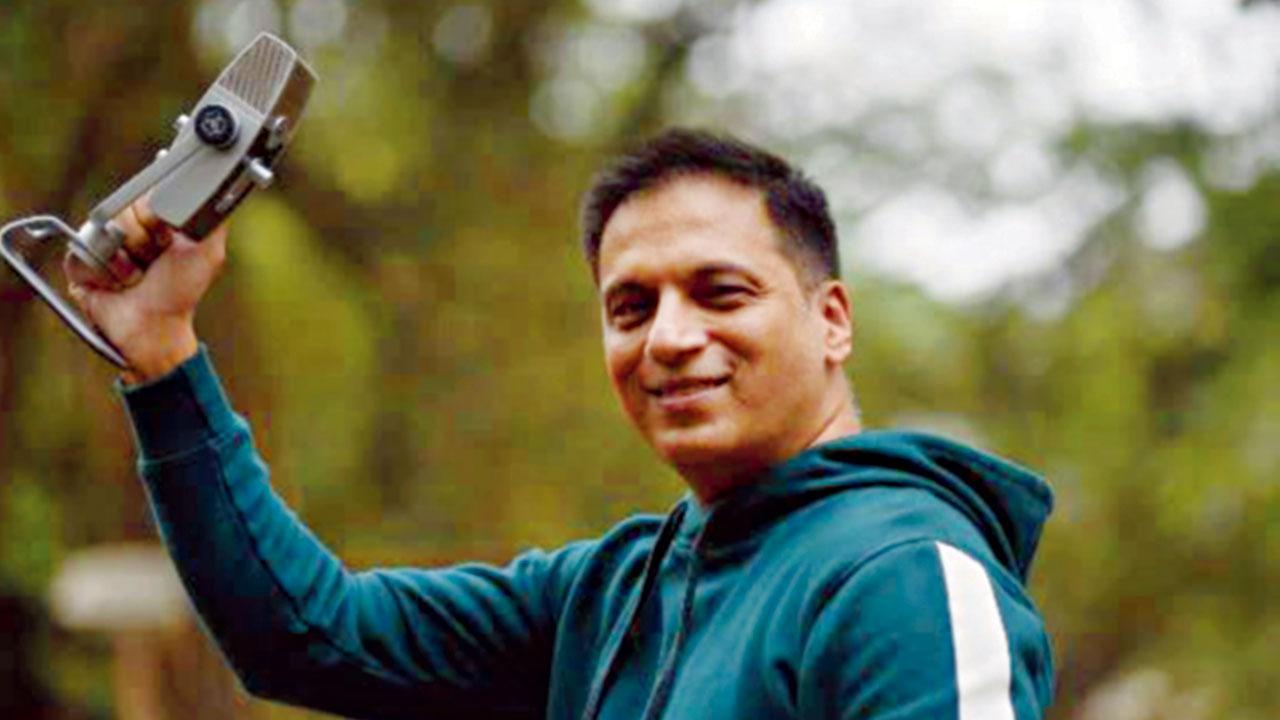A 45-year-old former journalist returns to his roots during lockdown for a podcast to tell the listener how the news impacts his life.

Ashraf Engineer's podcast deconstructs news to explain its impact on everyday life and the individual. PiC/Nimesh Dave
Ashraf Engineer, 45
Content creator
ADVERTISEMENT
Long after he quit his 17-year-long career as a journalist, that included a stint of training reporters in Afghanistan, Ashraf Engineer continued writing for various publications and on his blog; he even appeared on international news radio. And yet, he felt, something was amiss. "I felt that there was space for quality commentary on issues, to explain what the news you read means for the reader's daily life. Normally, people don't make the connection." In January, he launched an ad-free website (www.allindiansmatter.in) and invited an erudite bunch of writers to contribute.
"Since I also teach, I was clear about my audience—18 to 30-year-olds—because I could see in my students, who are that age, the engagement with national affairs, and the urge to make the country a better place. More importantly, my daughter who turns 18 next year, is who I keep in mind. I want this world to be a better place for her and this is my way of going about it," says Engineer.
A former colleague, who now runs the audio storytelling firm IdeaBrew Studios, suggested Engineer expand the website to a podcast. On Independence Day eve, the All Indians Matter podcast launched, and is now available on all leading platforms including JioSaavn, Apple Podcasts, Gaana, Spotify, Google Podcasts and Castbox.
So far, the podcasts have touched a wide range of subjects, from the economy and the agrarian crisis to the intersection of caste and technology, the need for greater menstrual hygiene, the conflict between economic progress and the environment, the Gupkar Declaration in Kashmir, the lack of women in positions of power and also female genital mutilation. "I was clear that it would be commentary that showed spine, and that I wouldn't censor anything that the guests wanted to say. It's what we expect from mainstream media too—but that doesn't necessarily happen nowadays."
Engineer is glad that the young audience has reached out to say that the podcast has got them thinking about what's happening around them and what role they can play in changing things. "This is what I wanted. For now, the focus is on increasing the number of listeners and readers. Then, in the long run, I hope to expand to a digital video channel, as well as conduct conclaves and roundtables. I know that expansion plans will require a revenue stream, so, I'll need to figure out how to do that without compromising editorial quality."
 Subscribe today by clicking the link and stay updated with the latest news!" Click here!
Subscribe today by clicking the link and stay updated with the latest news!" Click here!






